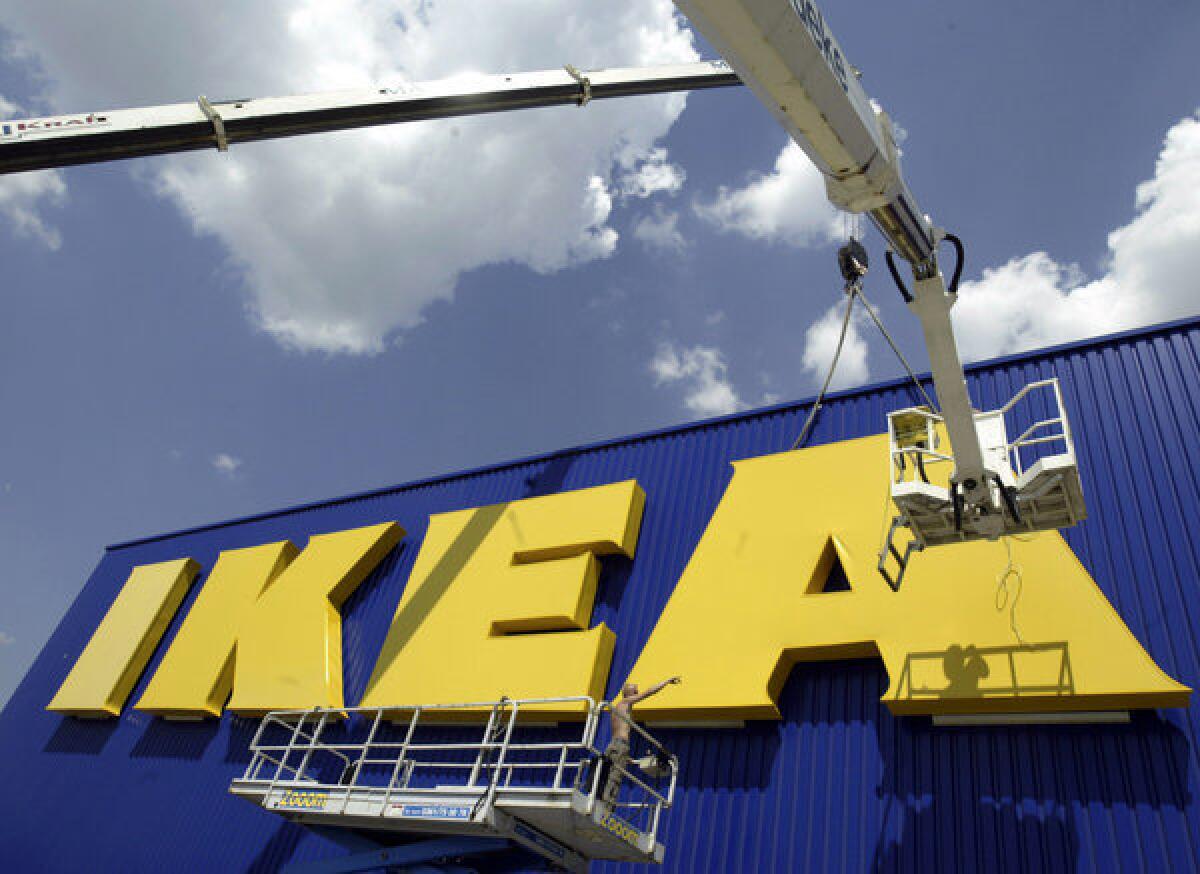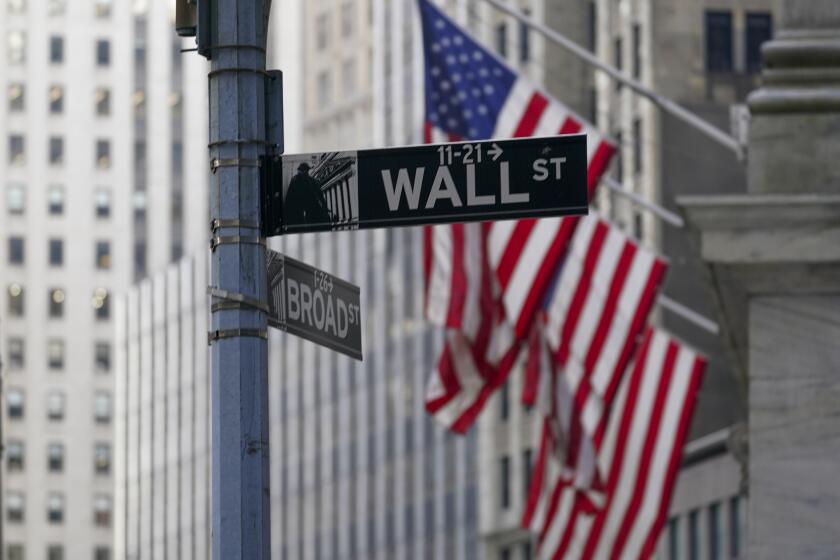Ikea: ‘We deeply regret’ use of forced labor in East Germany

Ikea Group, the Swedish company known for low-cost furniture and home goods, admitted and apologized for contracting with East German suppliers that used forced labor to manufacture the firm’s products more than two decades ago.
A report commissioned by Ikea from Ernst & Young showed that the company worked with suppliers in the communist German Democratic Republic some 25 to 30 years ago. Those suppliers used prisoners -- including political dissidents -- to manufacture goods, according to the findings.
Some Ikea managers were aware that their products may have been made by unwilling workers, the report concluded. But the steps they took to stop the practice “were not effective enough,” according to the report, which was conducted after allegations surfaced in the media last year.
“We deeply regret that this could happen,” said Jeanette Skjelmose, Ikea’s sustainability manager, in a statement. “The use of political prisoners in production has never been acceptable to the Ikea Group. At the time, we didn’t have today’s well-developed control system and obviously didn’t do enough to prevent such production conditions among our former G.D.R. suppliers.”
To compile the report, investigators combed through 100,000 documents and items from Ikea’s files and German archives and interviewed 90 current and former Ikea employees and German witnesses. A public hotline for tips was also set up.
Ikea said it would donate funds to research projects looking into the use of forced labor in East Germany.
Ernst & Young also probed whether Ikea benefited from forced labor in Cuba but found no evidence that the company was ever aware of the use of political prisoners there nor had any long-term business relations with suppliers in the country.
The nonprofit group Not For Sale, which advocates against forced labor around the world, this week released a report claiming that slavery still affects more than 30 million people and is used to produce many clothing products sold in the U.S.
But sales of Fair Trade Certified products in the country grew 75% last year, according to the report. Such items are shown to have met certain environmental, labor and developmental standards.
ALSO:
Ikea plans 100 budget hotels across Europe
Ikea’s U.S. factory churns out unhappy workers
Ikea releases rendering for new, larger Burbank store
More to Read
Inside the business of entertainment
The Wide Shot brings you news, analysis and insights on everything from streaming wars to production — and what it all means for the future.
You may occasionally receive promotional content from the Los Angeles Times.










